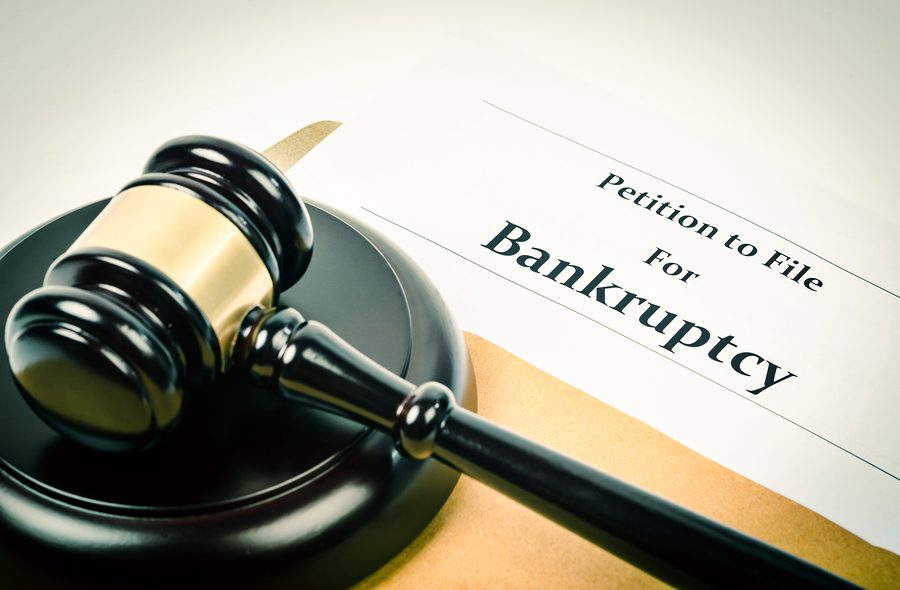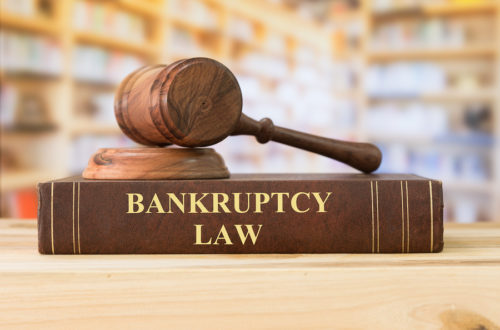The bankruptcy process is meant to give consumers who are struggling financially a fresh start. However, many consumers hold off due to the fear of filing for bankruptcy, even if it is the best option. Bankruptcy cases have both positive aspects, as well as negative ones, that go along with beginning and successfully finalizing a case. It is important to understand how a bankruptcy case works before moving forward with filing so that the person filing knows what to expect.
Automatic Stay
One of the most positive aspects of proceeding with a consumer bankruptcy case is the automatic stay that accompanies the filing. As soon as a Chapter 7 or Chapter 13 bankruptcy case is initiated, an automatic stay of all collection efforts against the filer is issued. What this means is the consumer’s creditors are temporarily blocked from moving forward on collecting any outstanding debt. This stay also stops wage garnishments, foreclosures, or completion of legal collections cases. The purpose of the automatic stay is to give the consumer a chance to work with the bankruptcy trustee on determining how various debts should be handled. A creditor can file a request to continue collection even though an automatic stay has been issued, but they can only continue if the request is granted.
Bankruptcy Property Exemptions
Many consumers hold off on filing for bankruptcy for fear of losing everything they own. However, Florida bankruptcy exemptions allow filers to keep a great deal of the property they have after filing. It first depends on which type of bankruptcy is being pursued. A Chapter 7 bankruptcy case is also known as a liquidation bankruptcy where assets that are not covered by exemptions are sold to pay qualifying debts. A Chapter 13 bankruptcy case allows the consumer to work with the trustee on a three-to-five-year plan where he or she pays debts in a repayment plan, discharging the remainder at the end of the case.
With a Chapter 13 bankruptcy case, the filer can keep more property than he or she would in a Chapter 7 case if the debt that accompanies the asset is part of the repayment plan. Florida has some of the more generous exemptions in the country, including the homestead exemption, which allows the filer to remain in his or her home. It is important to work with the bankruptcy trustee, as well as the filer’s attorney, to take advantage of as many exemptions as possible to keep his or her property.
Public Accessibility of Bankruptcy Cases
Bankruptcy cases are public record, which means that the public has general, open access to know who has filed for bankruptcy. All bankruptcy cases are maintained and filed in a system called Public Access to Court Electronic Records, nicknamed PACER. This availability does not mean that every single person will look up the filer’s information, but it does mean that future employers and future landlords or creditors will have access to this information to verify the consumer’s financial history.
The Importance of the Credit Report
Many entities and people rely heavily on credit reports, including future employers, creditors, and lenders. The credit score assigned to the consumer is used as an indication of whether the borrower is a lending risk to the creditor.
The filer should expect his or her credit score to take a dip after filing. However, on the flip side, collections cases and defaulting on obligations also hurt the consumer’s credit score. A bankruptcy case can stay on a person’s credit report for up to ten years after the date of filing for Chapter 7 cases and seven years for Chapter 13 cases.
It is important that the consumer keep track of his or her credit score both during the bankruptcy case, as well as after it is successfully finalized.
The After-Effects of Bankruptcy
While it may take longer to be approved for a loan, a bankruptcy case does not mean that the consumer will never be able to purchase a home, or a car, or receive financing in the future.
A bankruptcy case that was successfully closed, looks much better on a credit search than several collection cases and defaults on the person’s record. Future landlords may also investigate an applicant’s credit history to see if he or she will be a stable tenant. If a case is in the applicant’s distant future with no other financial blemishes on his or her record since that time, this should not affect the person’s chances of being approved as a tenant.
Please click here to read more.
If you have questions on this topic or are in financial crisis and considering filing for bankruptcy, contact an experienced Miami bankruptcy attorney who can advise you of all of your options. As an experienced CPA as well as a proven bankruptcy lawyer, Timothy Kingcade knows how to help clients take full advantage of the bankruptcy laws to protect their assets and get successful results. Since 1996 Kingcade Garcia McMaken has been helping people from all walks of life build a better tomorrow. Our attorneys’ help thousands of people every year take advantage of their rights under bankruptcy protection to restart, rebuild and recover. The day you hire our firm, we will contact your creditors to stop the harassment. You can also find useful consumer information on the Kingcade Garcia McMaken website at www.miamibankruptcy.com.


